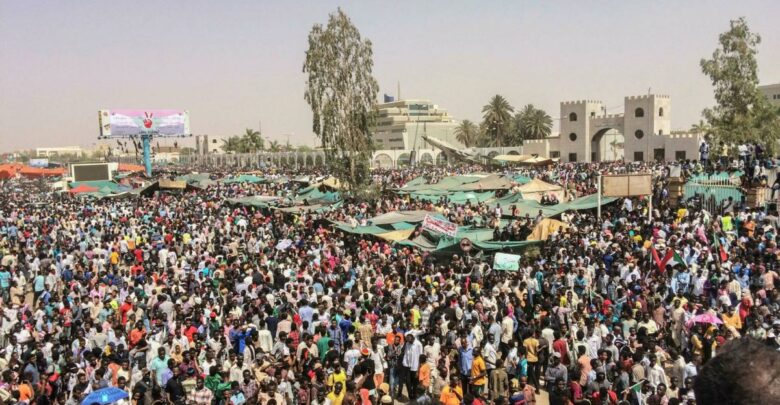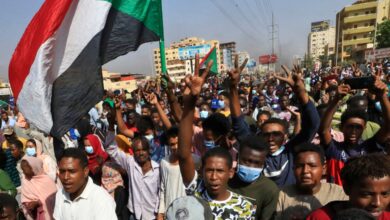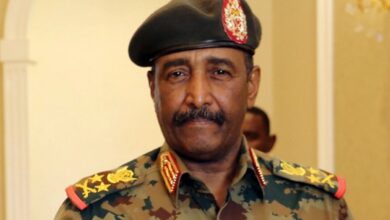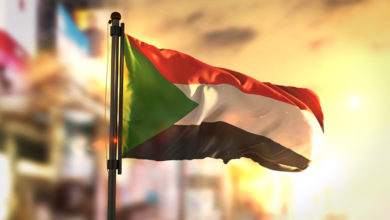Sudan
Sudanese Pay Tribute To Anti-Coup Protest Killings With ‘Day For Martyrs’ On Friday

Sudanese anti-coup protesters came out on the streets on Friday to mark a “day for the martyrs” in a tribute to those killed in the violent crackdown on demonstrations since the October coup. The protesters headed to the homes of bereaved families of the deceased people, reported The Guardian.
According to a count by a pro-democracy group of medics, at least 72 protesters have been killed since General Abdel Fattah al-Burhan led a coup on October 25 that derailed the country’s fragile transition to civilian rule. Regular protests against the coup have continued since the military takeover that overthrew the civilian-led government of Prime Minister Abdallah Hamdok.
Trade unions, political parties, and community groups have called for new protests on Monday.
On Wednesday, US Assistant Secretary of State Molly Phee and special envoy for the Horn of Africa, David Satterfield, held meetings in Khartoum with the bereaved families of those killed during the protests. They called for independent investigations into deaths and injuries among those protesting against the Sudanese military since last year’s coup.
The US Embassy condemned the use of disproportionate force against protesters, especially the use of live ammunition and sexual violence, and the practice of arbitrary detention. The embassy also warned that Washington will not resume paused assistance to the Sudanese government unless the situation improves and there is a restoration of a civilian-led government that reflects the will of the Sudanese people.
The US suspended $700 million in assistance to Sudan after the coup, as part of wider international punitive measures.
In related news, the UN children’s agency, UNICEF, on Wednesday said it had verified more than 120 violations against children in the coup violence.
“Nine children were killed during demonstrations mainly in Khartoum while another 13 were injured,” it said in a statement.
The UNICEF said boys and girls as young as 12 were detained and children were impacted because of frequent attacks on medical facilities.





